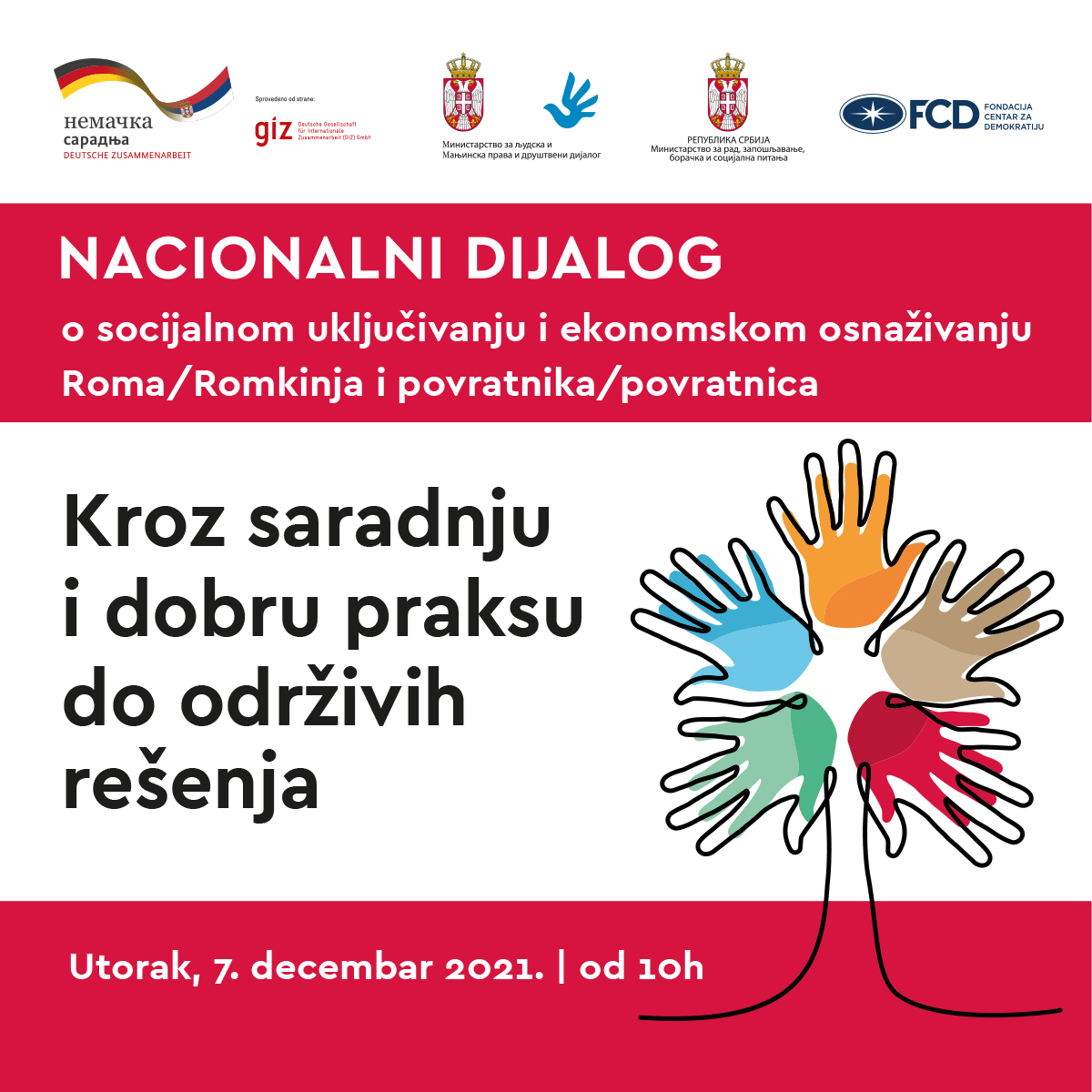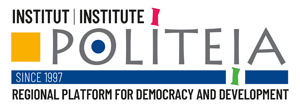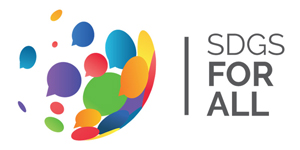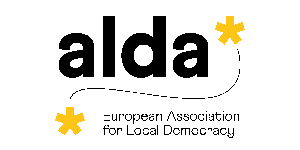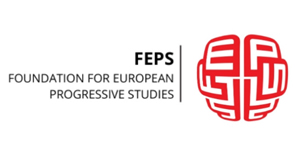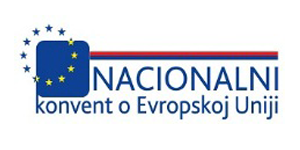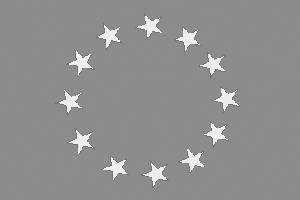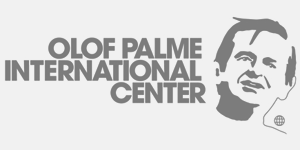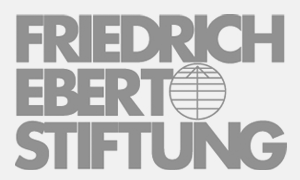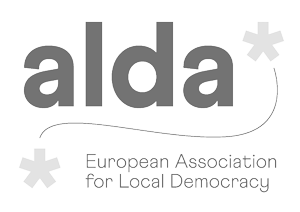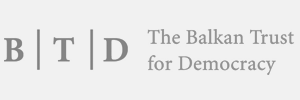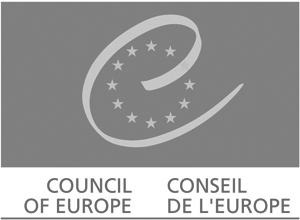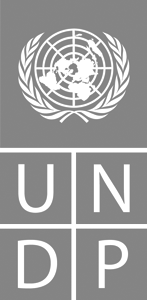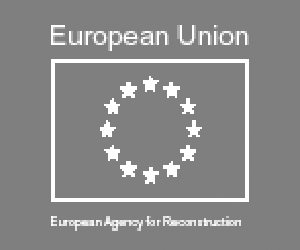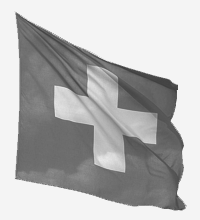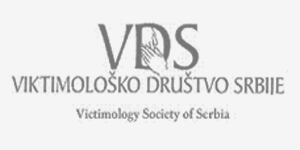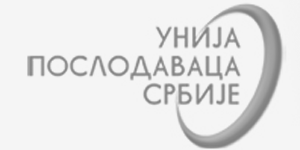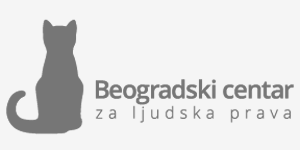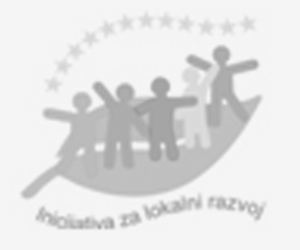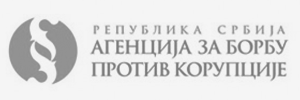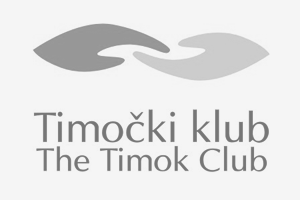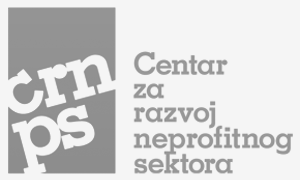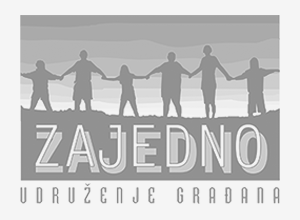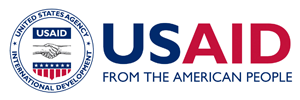National Dialogue on Social Inclusion and Economic Empowerment of Roma Men and Women Returnees
Through Cooperation and Good Practice to Sustainable Solutions
On December 7, 2021, the National Dialogue on Social Inclusion and Economic Empowerment of Roma Men and Women Returnees was held in Belgrade - entitled "Through Cooperation and Good Practice to Sustainable Solutions".
German Development Cooperation Programme "Inclusion of Roma and other Marginalized Groups in Serbia", implemented by Deutsche Gesellschaft für Internationale Zusammenarbeit (GIZ) GmbH in cooperation with the Ministry of Human and Minority Rights and Social Dialogue, as a political partner and the Ministry of Labor, Employment, Veterans and Social issues as a key partner, and the Center for Democracy Foundation, organized a National Dialogue in the form of a national conference.
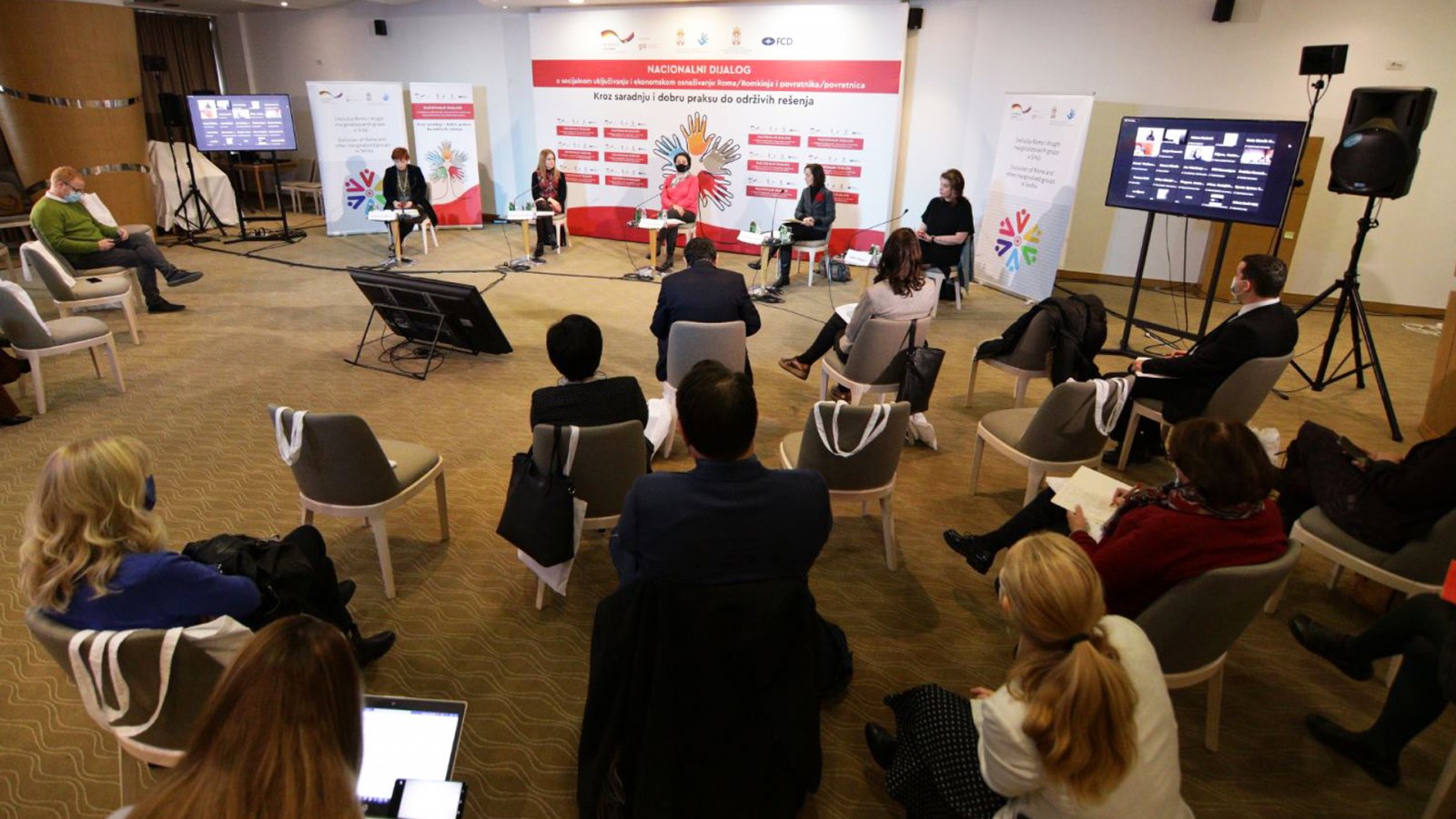
Gordana Comić, Minister of the Ministry of Human and Minority Rights and Social Dialogue, said at the opening of the conference that the key question is why Roma are excluded from everything and how to become equals in our society and every other society. We have to deal with the reasons why Roma are excluded where racism is one of the main reasons. We want to make a change of perspective to make it into a good practice. Nothing about Roma can’t be discussed without including them at the table, Roma must be equally involved in the dialogue. The Roma national minority will be involved in all processes in society, the only question is when.
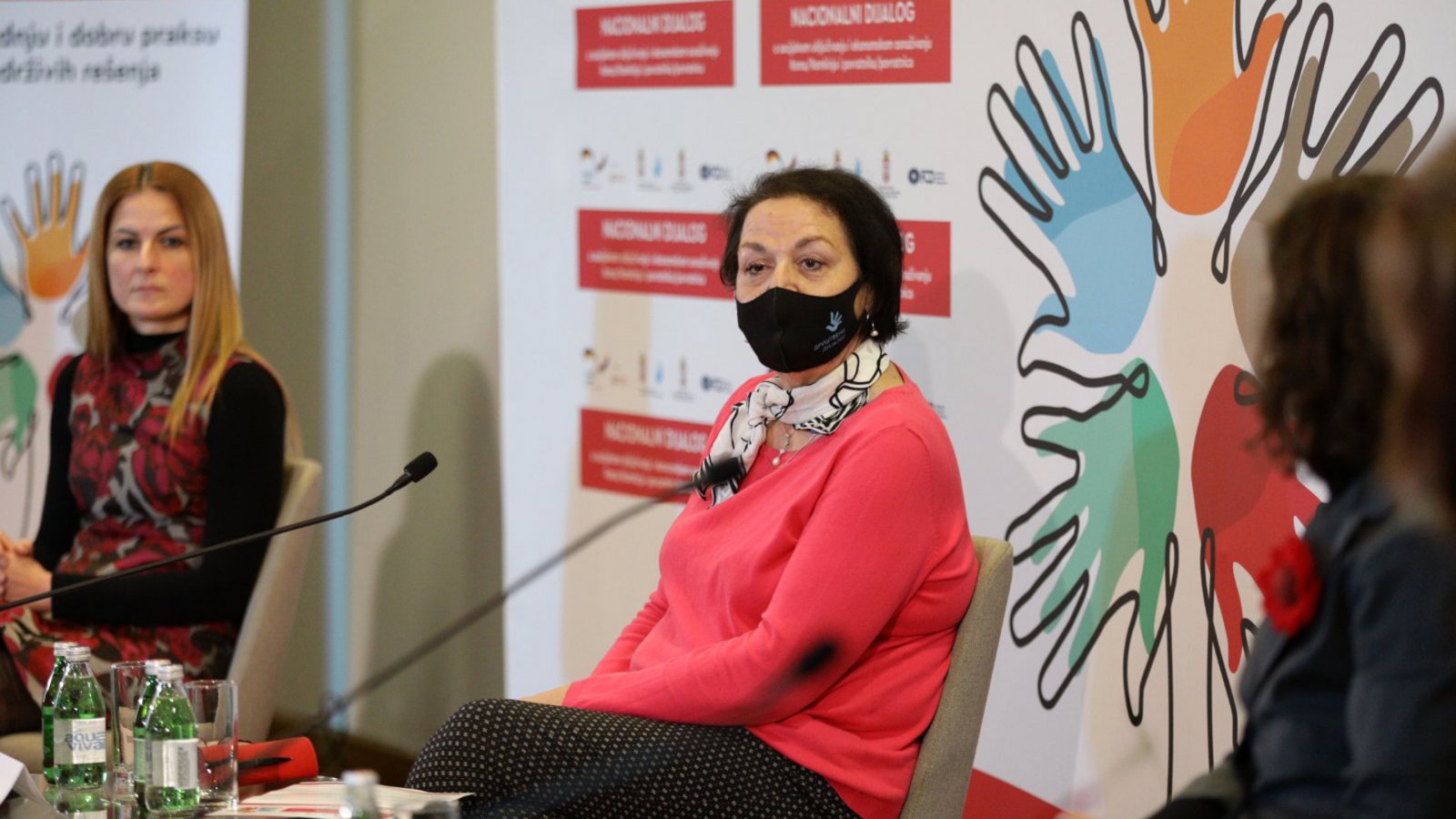
Dušanka Golubović, State Secretary at the Ministry of Labor, Employment, Veterans and Social Affairs, emphasized that caring for the most vulnerable categories of the population, such as Roma and returnees, deserves special attention and commitment, their position is of special importance to us in order to create a society of equality. The state has adopted a strategy on social inclusion of Roma men and women, and there are various types of local mechanisms to improve their position. Civil society organizations also have a great role and importance in this work.
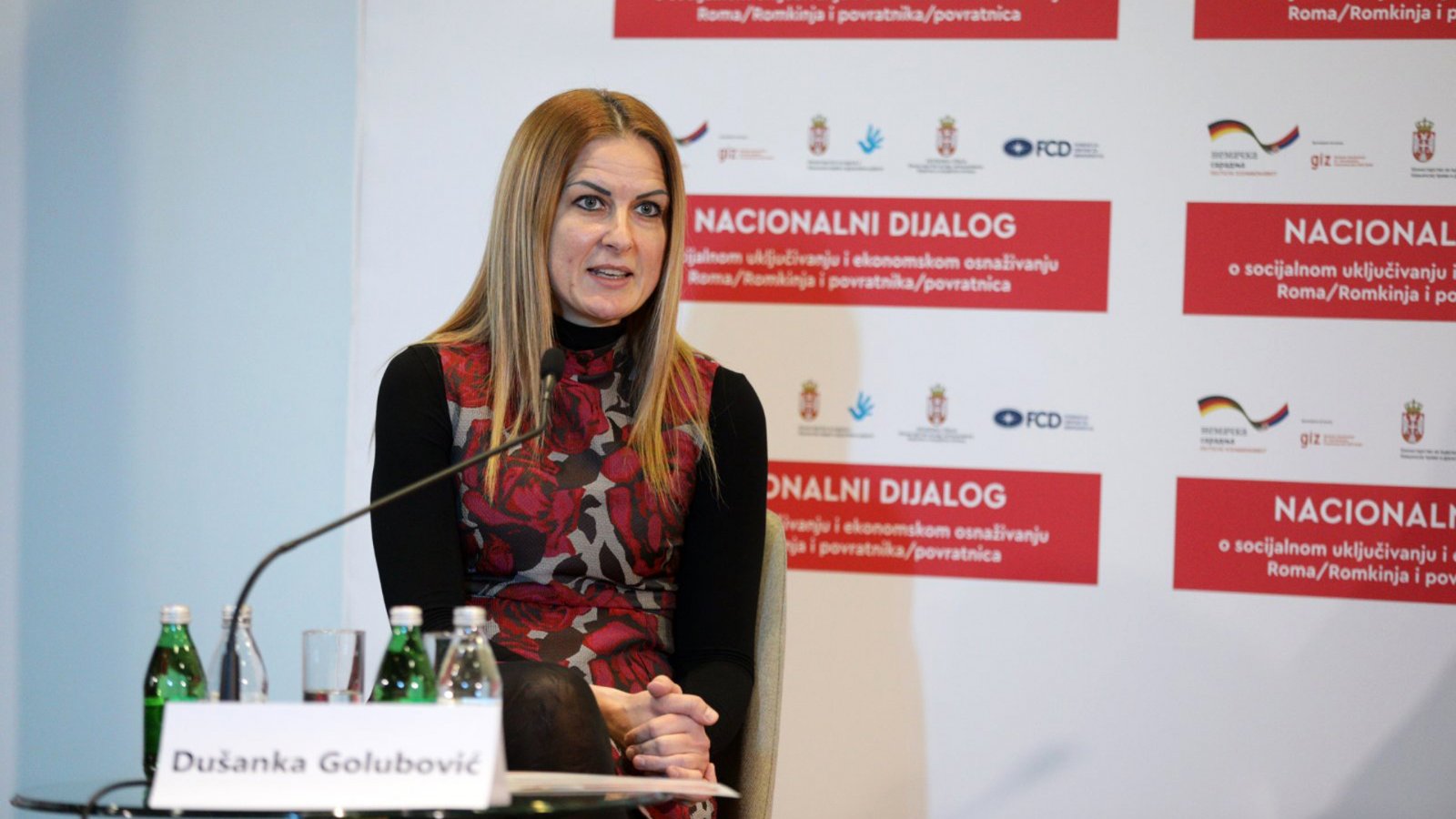
Anne-Kristin Piplica, Head of the Economic Department, Embassy of the Federal Republic of Germany in the Republic of Serbia, said that the German Development Cooperation supports the accession process of the Republic of Serbia to the European Union. It is of the utmost importance that we do not leave anyone out in this process. In this regard, German Development Cooperation supports the Ministry of Human and Minority Rights and Social Dialogue, as well as the Ministry of Labor, Employment, Veterans and Social Affairs, to create, implement and revise policies relevant to the social inclusion of Roma, returnees and other marginalized groups, enabling the exercise of their human, economic and social rights.
The comprehensive policy framework must be constantly developed and adapted. Continuous support measures must be tailored to the needs of those we need to support. Dialogue and channels for the exchange of information between all actors will help to achieve visible results. Our common goal is to strengthen and include in the society of Serbia those citizens who need additional support.
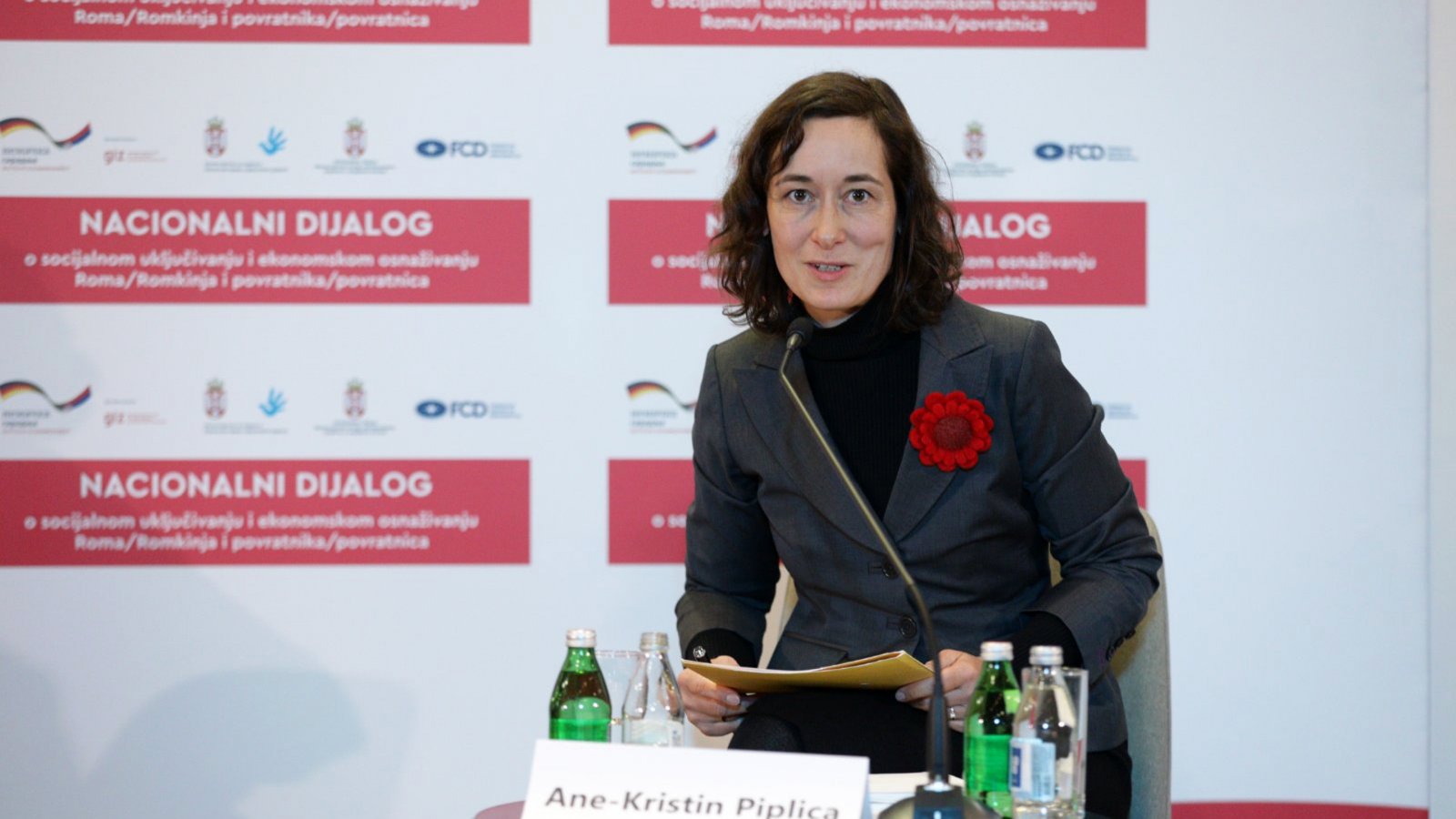
Nataša Vučković, Executive Director of the Center for Democracy Foundation, said in her introductory speech that Roma men and women are our fellow citizens, they share with us many common problems and challenges, only they have many more than us. It has long been said that democracy, openness and justice of a society are measured by the attitude towards minorities. And we all know there is a lot of work ahead of us. One set of problems is in the focus of our attention today - and that is how to economically empower Roma men and women, how to improve the conditions for their employment and their inclusion in the labor market, how to reduce precarious and vulnerable employment.
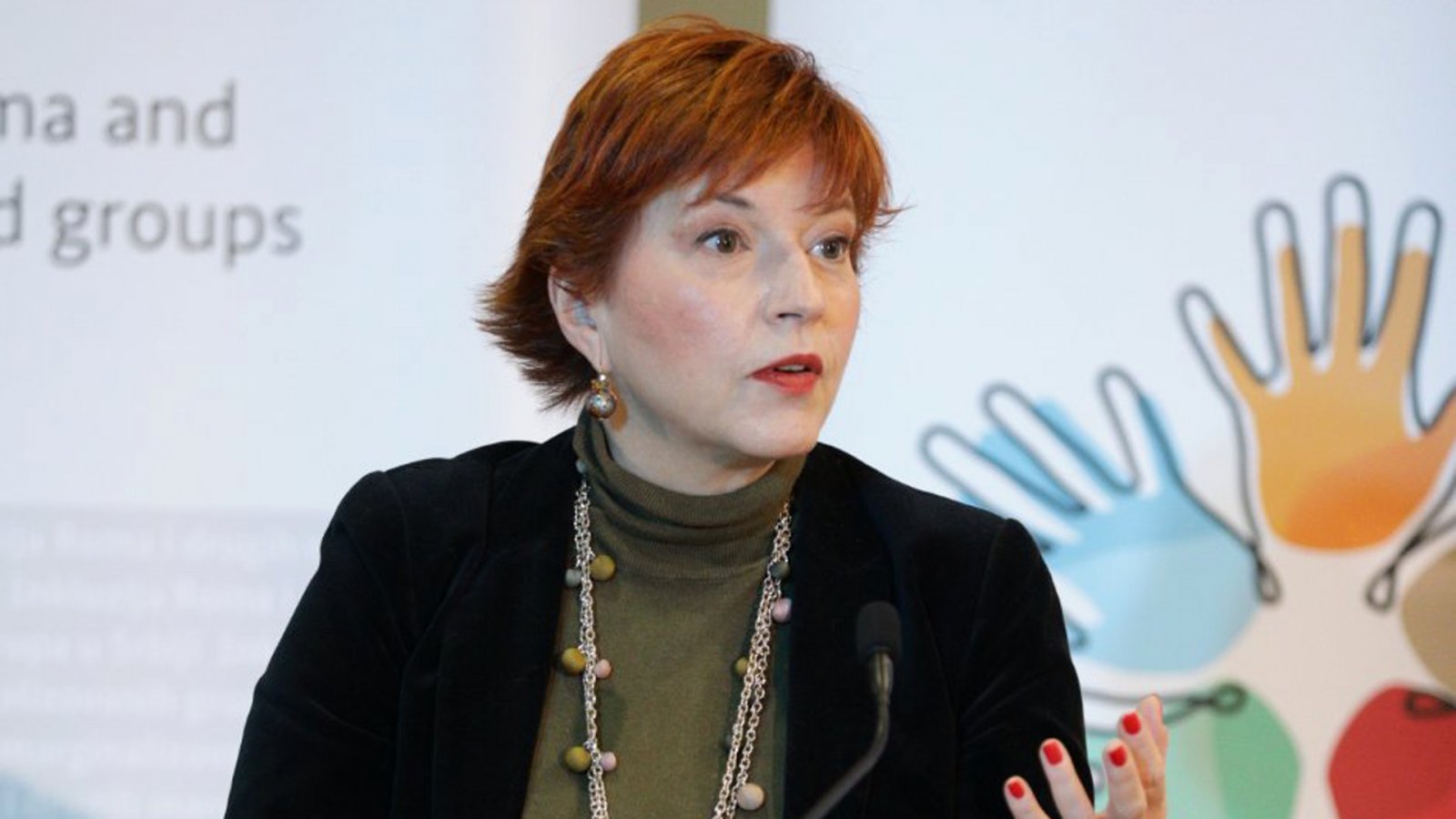
At the conference Through Cooperation and Good Practice to Sustainable Solutions, models of good practice in the implementation of the programme of Inclusion of Roma and other marginalized groups in Serbia were presented, as well as recommendations from the model of good practice and expert analysis of policies for social inclusion of Roma and reintegration of returnees.
The meeting discussed experiences and recommendations for improving existing practices and cooperation, in order to reach sustainable solutions and improve policies for social inclusion of Roma men and women and the reintegration of returnees.
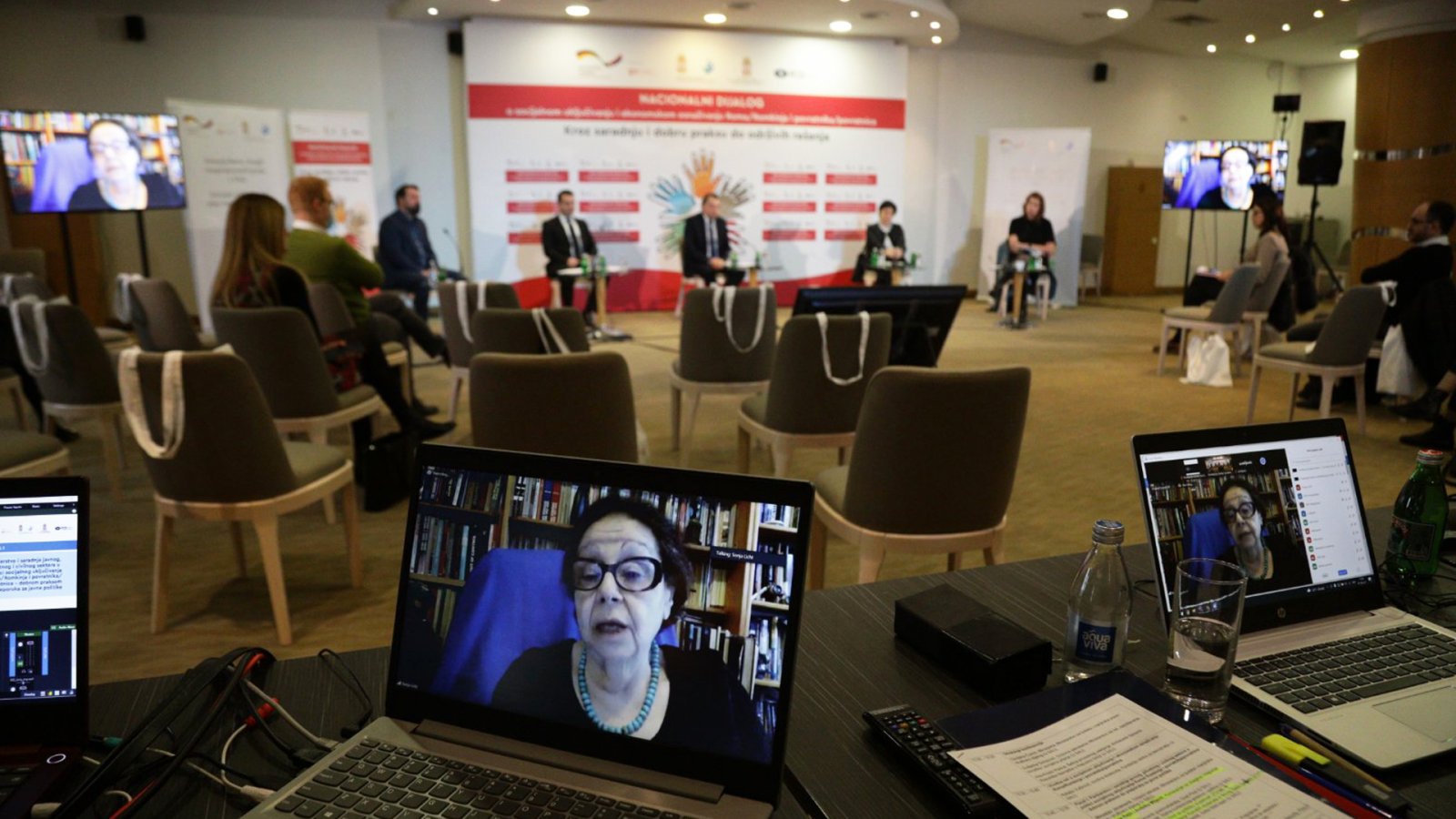
The conference participants were representatives of partner ministries and institutions, representatives of cities and municipalities involved in the implementation of the Programme Inclusion of Roma and other marginalized groups in Serbia, representatives of partner civil society organizations, representatives of the international community and participants in various social and economic inclusion measures.
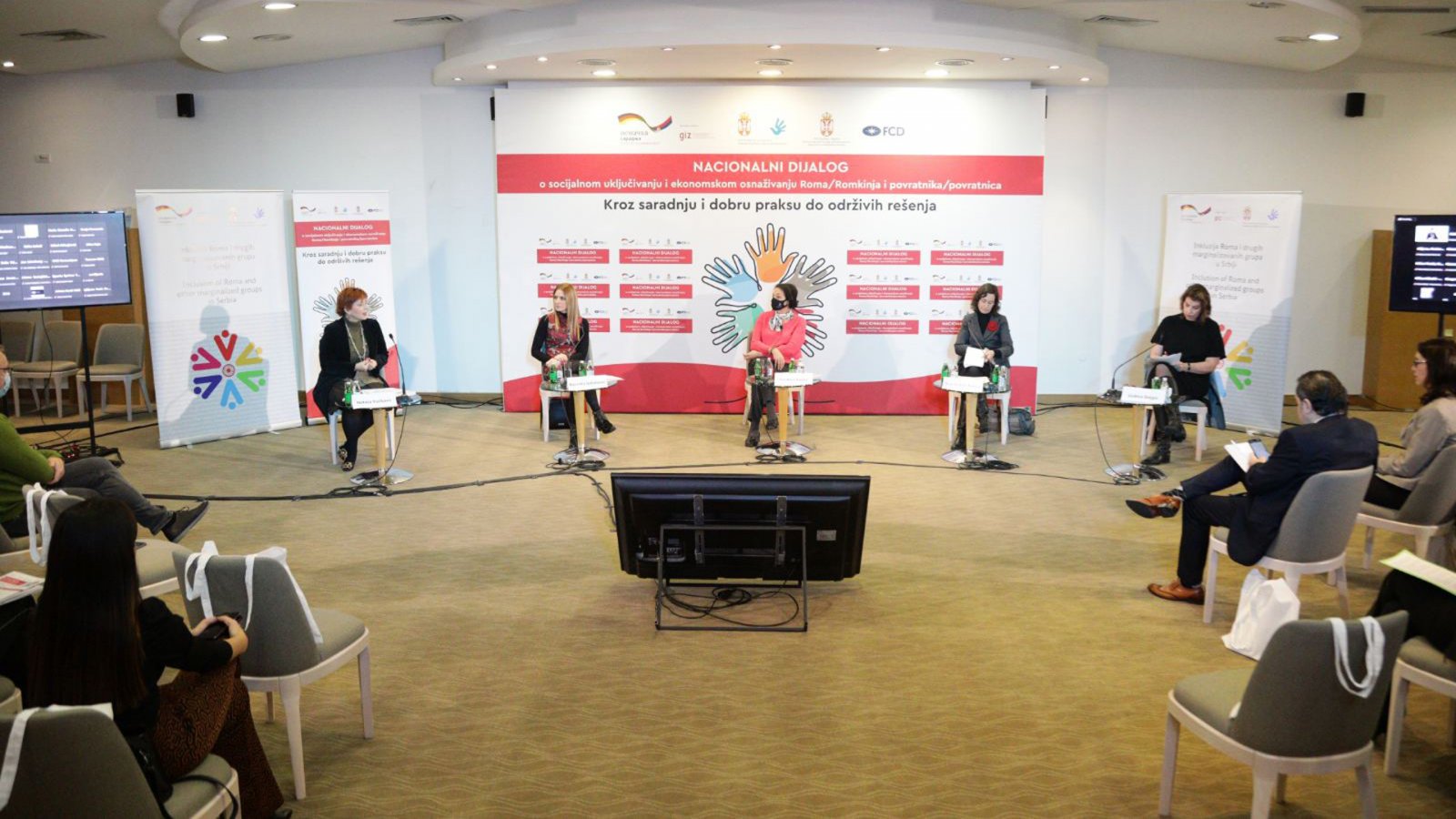
Agenda - National Dialogue - ENG (PDF)
Source: www.ukljucise.org/en
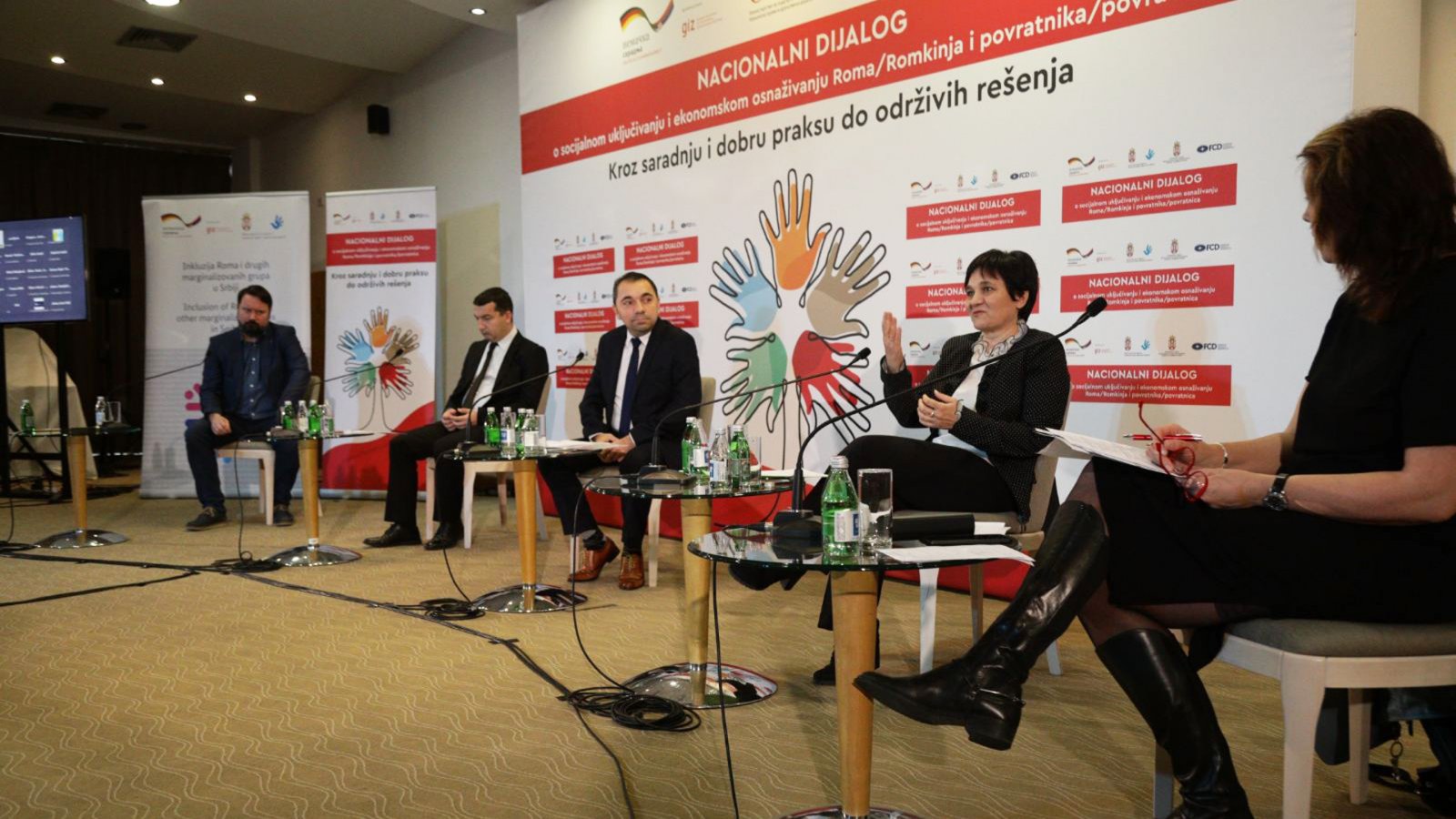
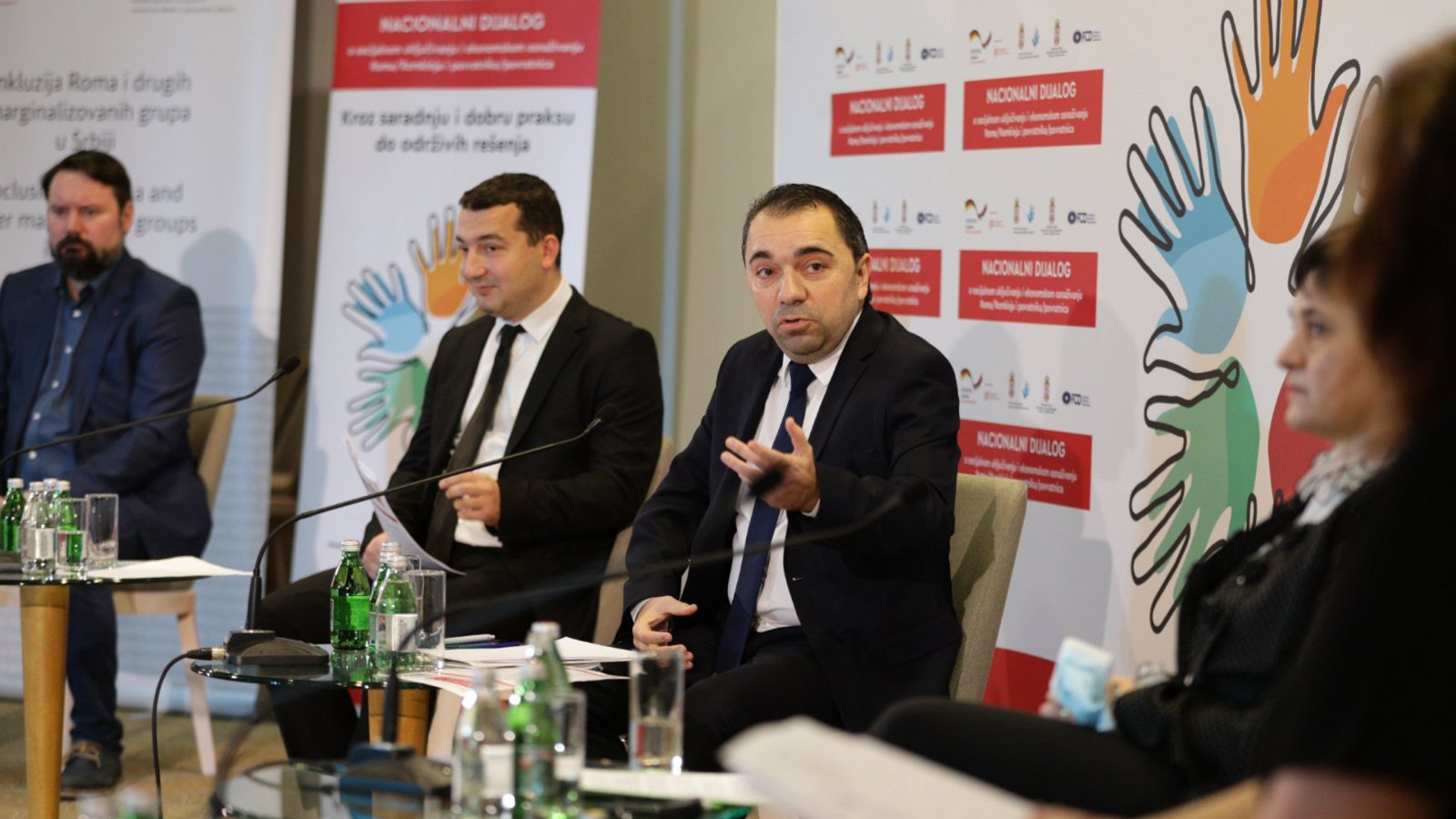
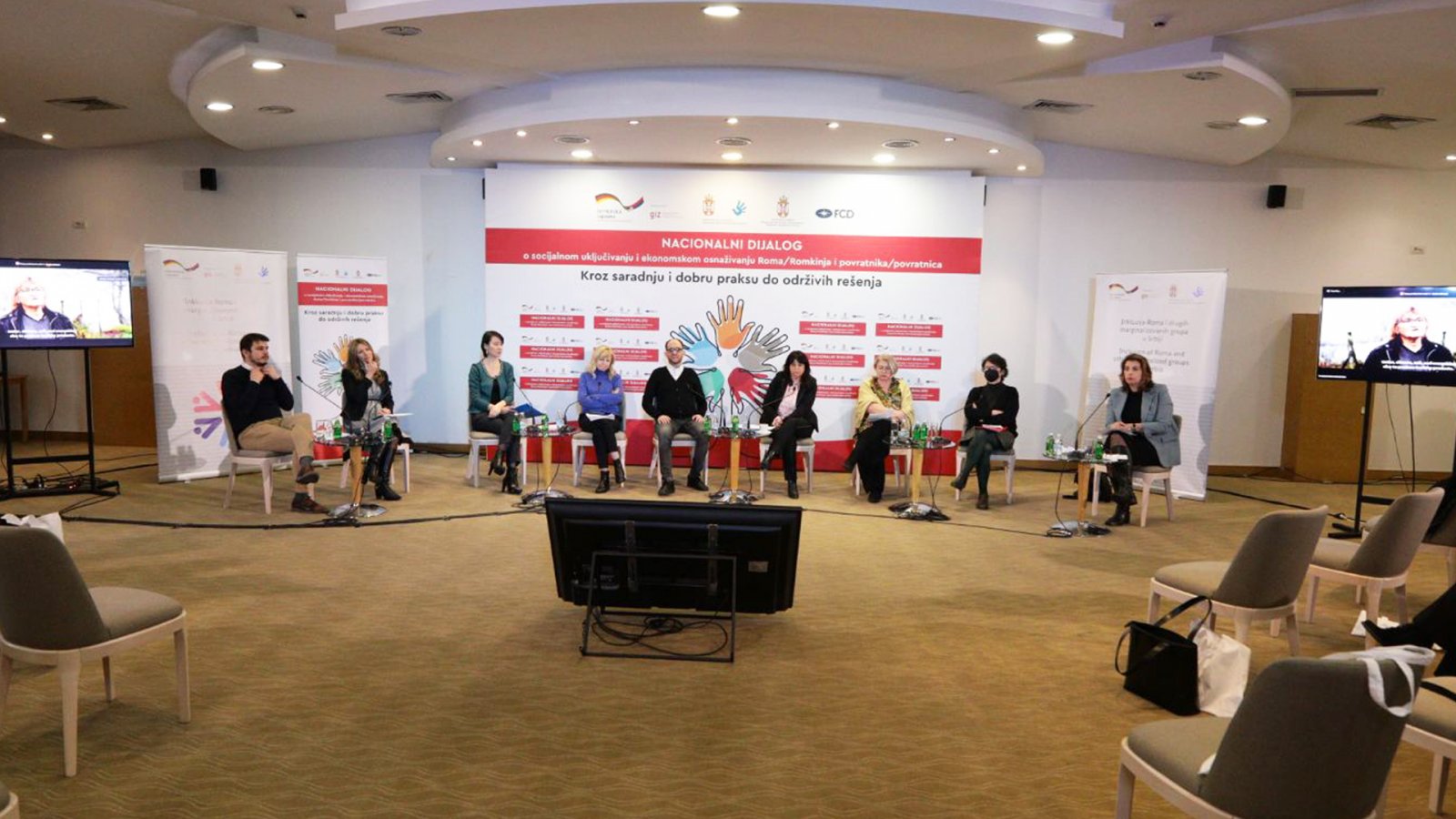
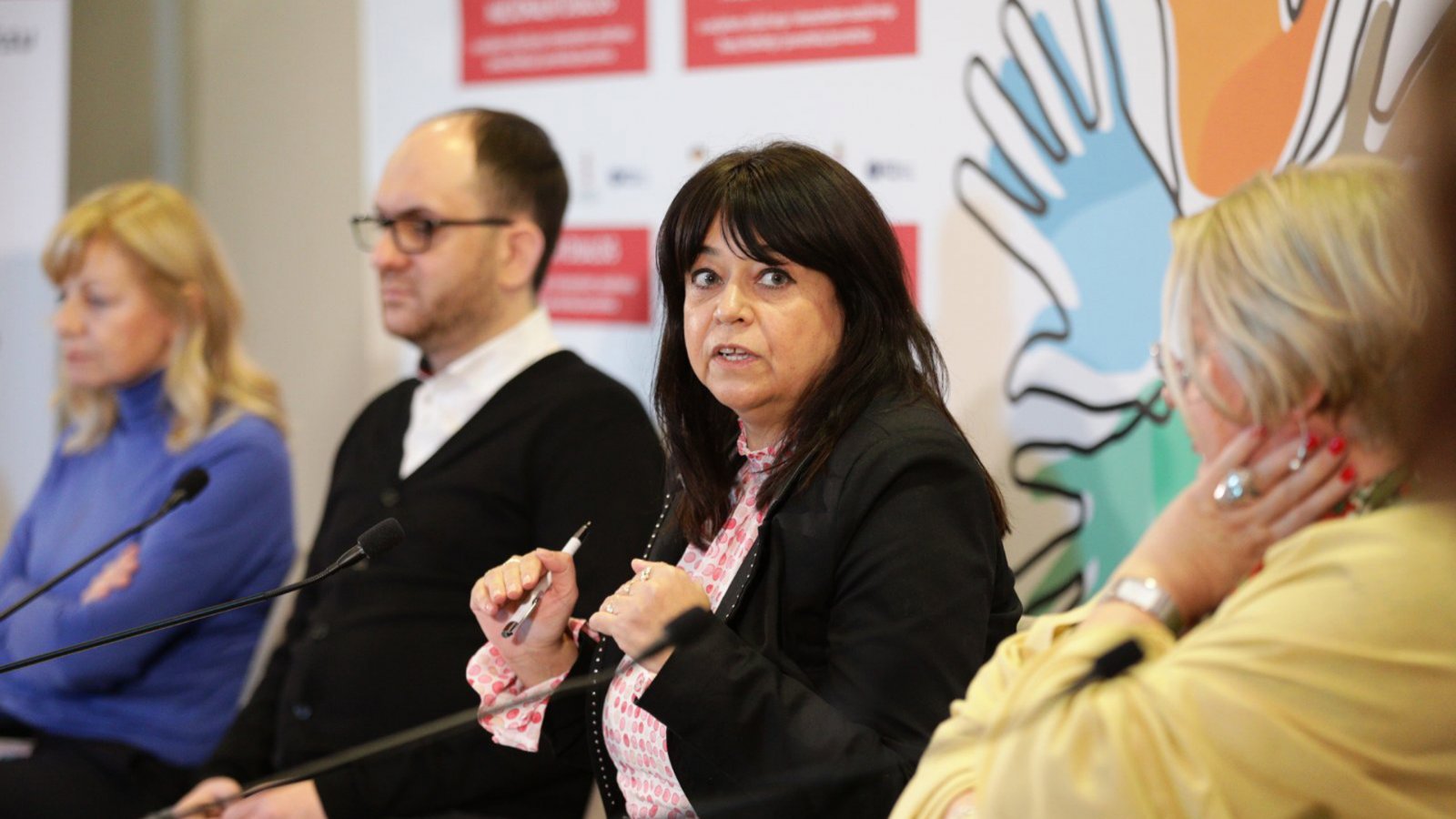
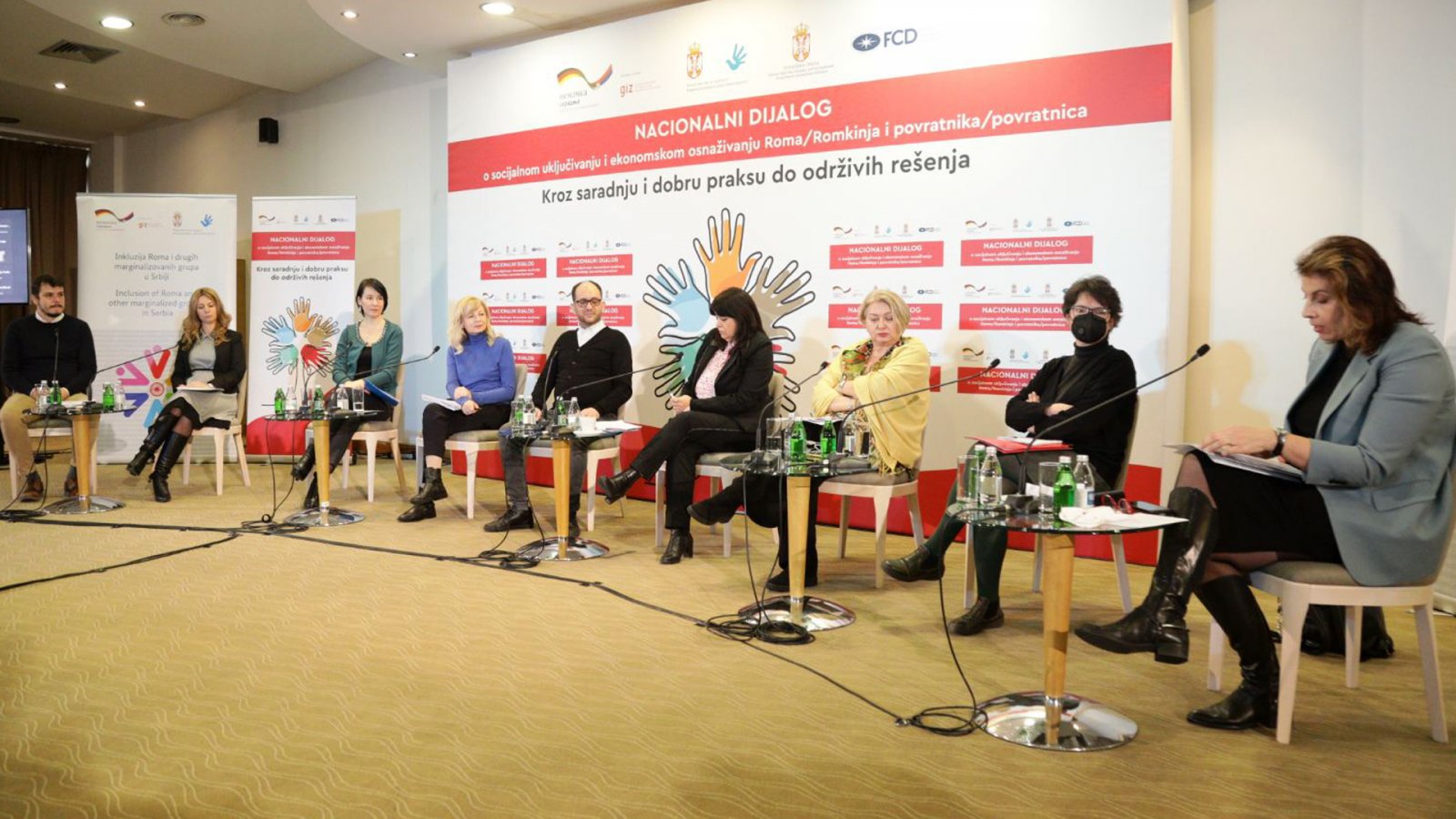
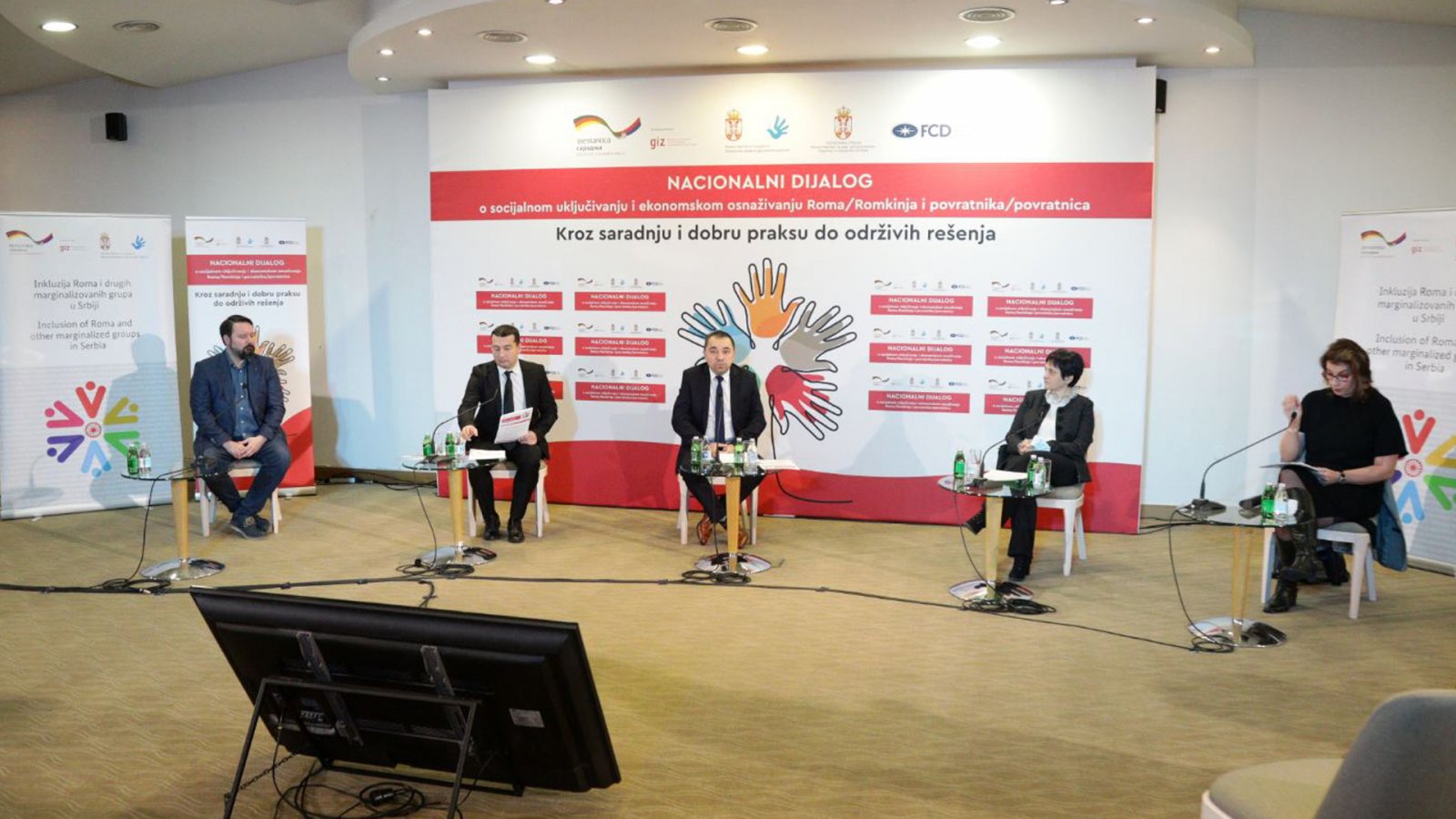
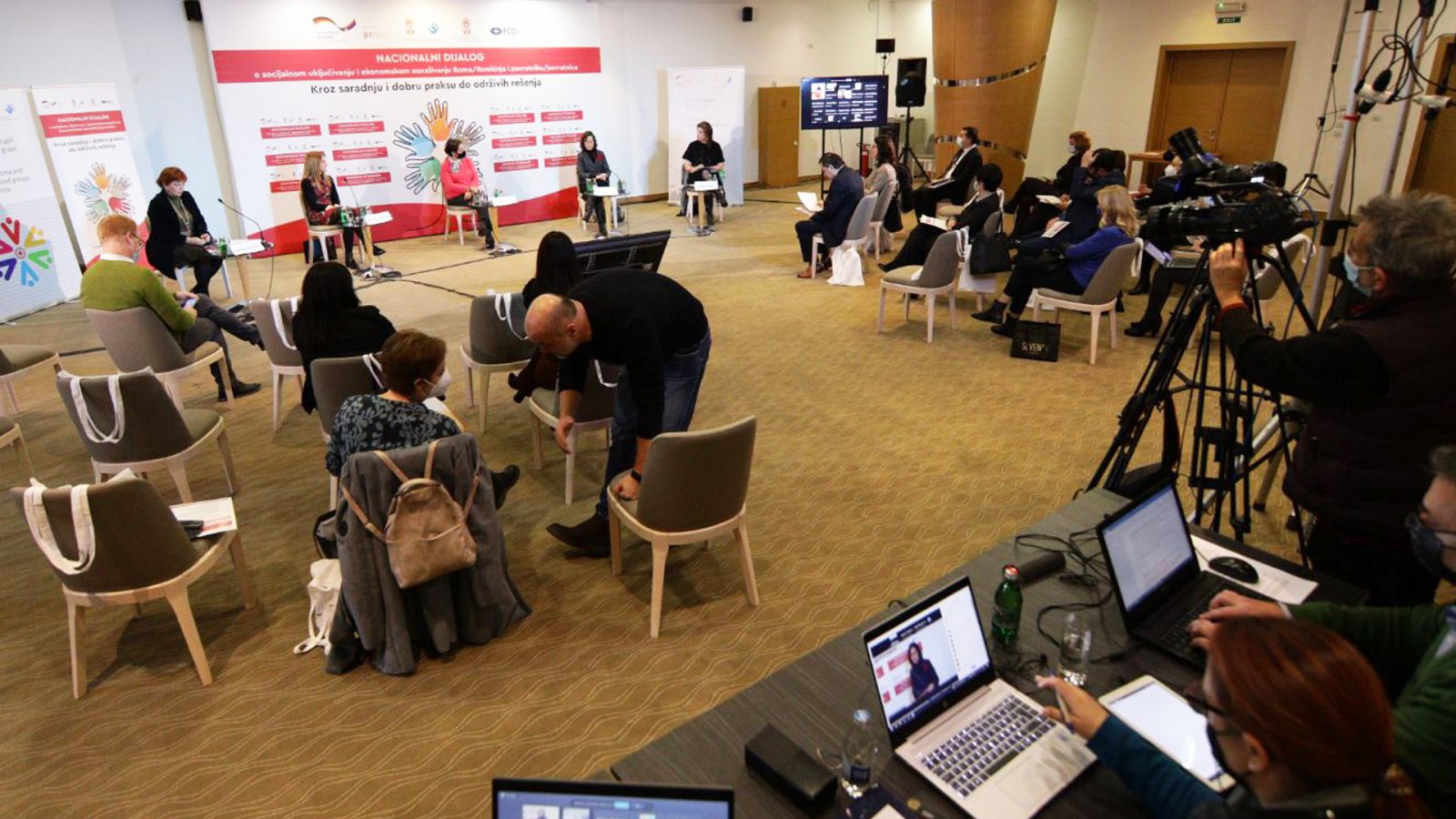
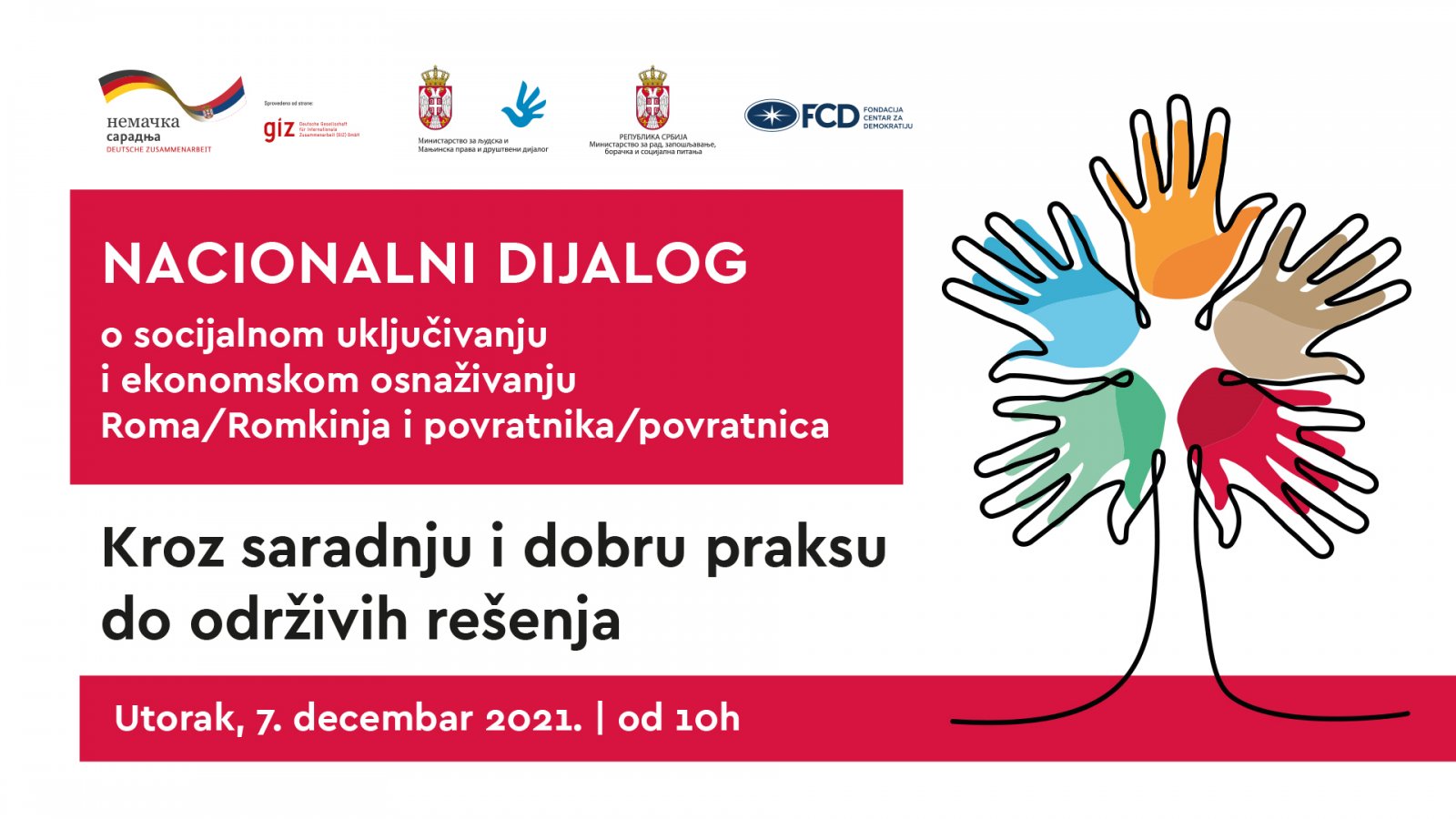
Photo Gallery: Through Cooperation and Good Practice to Sustainable Solutions
Video
CONFERENCE OPENING
PANEL I: Partnership and cooperation of the public, private and civil sector in the social inclusion policy of Roma and returnees – formulating public policy recommendations through good practices
PANEL II: Education, employment, and economic empowerment of Roma and returnees – main challenges and possible solutions in the social inclusion process
PUBLICATIONS
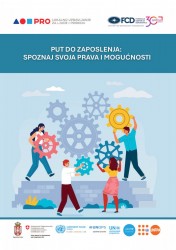 Manual “The Path to Employment: Get to Know Your Rights and Opportunities”
Manual “The Path to Employment: Get to Know Your Rights and Opportunities”
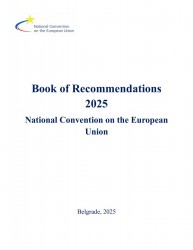 NCEU Book of Recommendations 2025
NCEU Book of Recommendations 2025
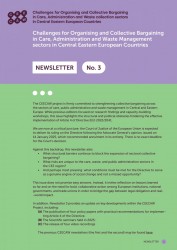 Challenges for Organising and Collective Bargaining in Care, Administration and Waste collection sectors in Central Eastern European Countries
Challenges for Organising and Collective Bargaining in Care, Administration and Waste collection sectors in Central Eastern European Countries
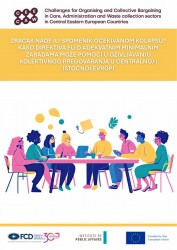 Public Policy Proposals – Collective Bargaining (CEECAW)
Public Policy Proposals – Collective Bargaining (CEECAW)
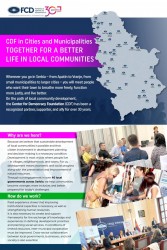 CDF in Cities and Municipalities: Together for a Better Life in Local Communities
CDF in Cities and Municipalities: Together for a Better Life in Local Communities
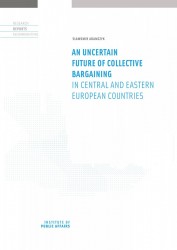 Comparative reports on collective bargaining - CEECAW
Comparative reports on collective bargaining - CEECAW
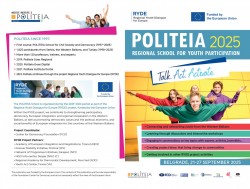 POLITEIA – Regional School for Youth Participation 2025 (leaflet)
POLITEIA – Regional School for Youth Participation 2025 (leaflet)
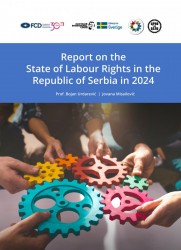 Report on the State of Labour Rights in the Republic of Serbia in 2024
Report on the State of Labour Rights in the Republic of Serbia in 2024
 Unlocking Collective Bargaining Power in Three Sectors: A Call to Action
Unlocking Collective Bargaining Power in Three Sectors: A Call to Action
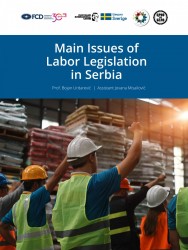 Main Issues of Labor Legislation in Serbia
Main Issues of Labor Legislation in Serbia
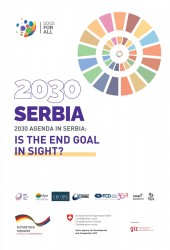 New Monitoring Report by the “SDGs for All” Platform: Is the End Goal in Sight?
New Monitoring Report by the “SDGs for All” Platform: Is the End Goal in Sight?
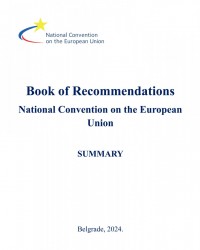 NCEU Book of Recommendations 2024 (Summary)
NCEU Book of Recommendations 2024 (Summary)
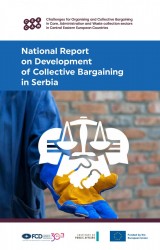 National reports on collective bargaining in Serbia - CEECAW
National reports on collective bargaining in Serbia - CEECAW
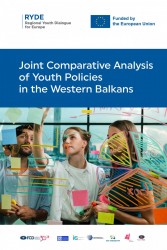 The Comparative Analysis of Youth Policies in the Western Balkans (WB)
The Comparative Analysis of Youth Policies in the Western Balkans (WB)
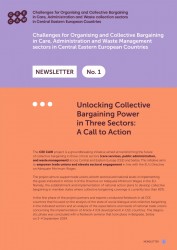 Unlocking Collective Bargaining Power in Three Sectors: A Call to Action
Unlocking Collective Bargaining Power in Three Sectors: A Call to Action
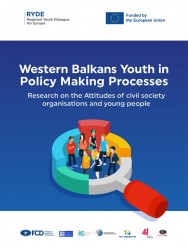 Western Balkans Youth in Policy Making Processes
Western Balkans Youth in Policy Making Processes
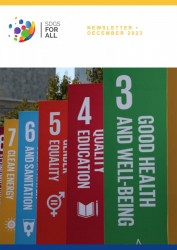 SDGs for All Platform newsletter (December 2023)
SDGs for All Platform newsletter (December 2023)
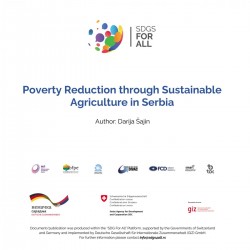 Analysis: Poverty Reduction Through Sustainable Agriculture in Serbia (with Summary)
Analysis: Poverty Reduction Through Sustainable Agriculture in Serbia (with Summary)


